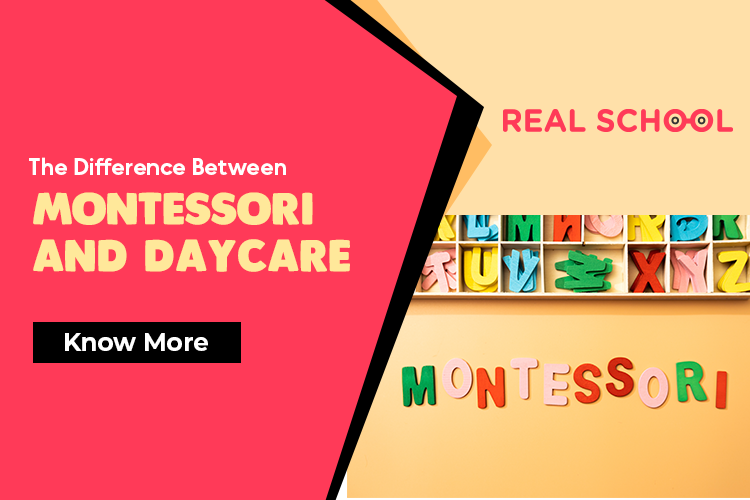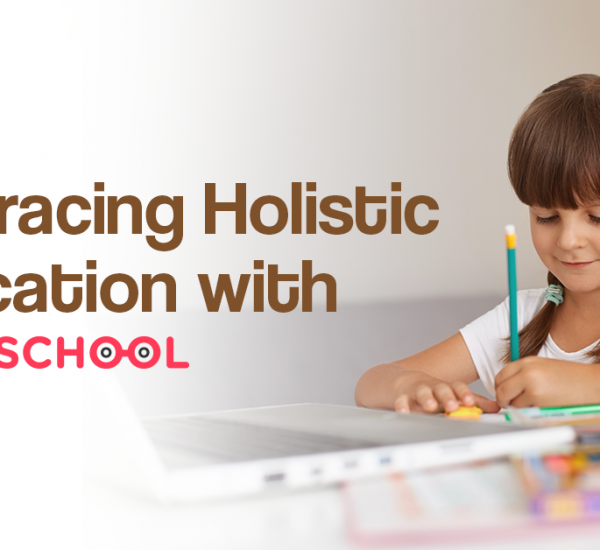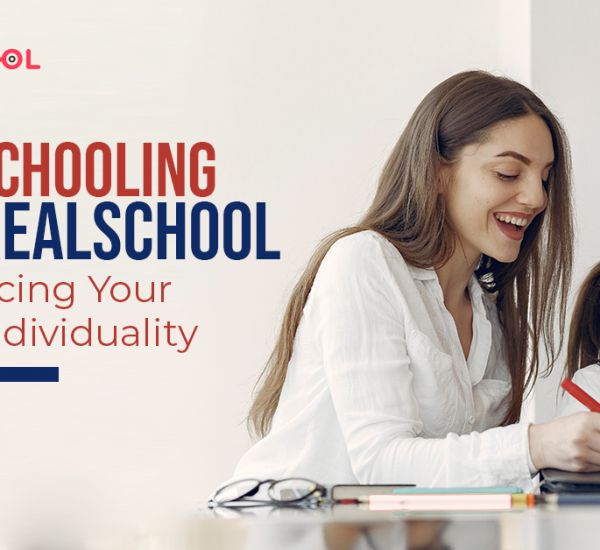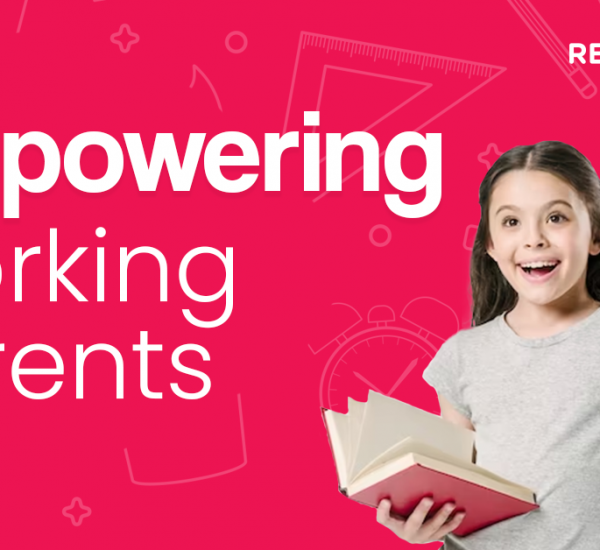Do you want to know the difference between Montessori and Daycare? Are you looking for complete information regarding Montessori daycare? If yes, here is the knowledge about the Montessori preschool as well as the daycare school. So, let’s go through the school with daycare and choose the one for your children.
Also Read: What is Science Simple Definition for Kids? Let’s Grab the Knowledge for Kids Growth!
The Difference Between Montessori and Daycare
When it comes to choosing the right type of childcare for your child, you may come across the terms “Montessori” and “daycare.” While both options offer care for young children, there are significant differences in their approach to education and child development.
Montessori education is a philosophy and approach to education that was developed by Maria Montessori, an Italian physician and educator, in the early 1900s. Montessori schools are characterized by mixed-age classrooms, hands-on learning, and a focus on individualized instruction. Children are encouraged to explore and learn at their own pace, using materials designed to support their natural development.
Daycare, on the other hand, is a more general term that refers to any type of childcare provided during the day. Daycares may offer a range of services, from basic care and supervision to educational activities and enrichment programs.
One of the key differences between Montessori and daycare is their approach to education. Montessori schools place a strong emphasis on child-led learning and exploration, while daycares may offer more structured activities and curriculum. Montessori teachers act as guides, rather than instructors, and are trained to observe and support each child’s unique learning style and interests.
Montessori Preschool Vs Daycare School
Another difference is the physical environment of Montessori schools. Montessori classrooms are designed to be aesthetically pleasing and welcoming, with natural materials and a sense of order and calm. Children are encouraged to move freely around the classroom and choose their own activities, rather than being confined to desks or tables.
In addition to these differences, Montessori schools also tend to have smaller class sizes and higher teacher-to-student ratios than daycares. This allows for more individualized attention and support for each child.
Of course, there are pros and cons to both Montessori and daycare, and the right choice will depend on your family’s needs and priorities. Montessori education may be a good fit for families who value child-led learning and want a more personalized approach to education. Daycare may be a better choice for families who need flexible scheduling or who are looking for a more structured environment.
Ultimately, the most important factor in choosing the right childcare for your child is finding a program that feels comfortable and supportive for both you and your child. Whether you choose Montessori or daycare, the most important thing is that your child feels safe, happy, and loved while they are away from home.
Also Read: Activities for Elementary School Kids: Learning Activities for Kids
Montessori Daycare
Montessori preschool and daycare schools can have a significant impact on a child’s early development and long-term academic success. Here are some of the key reasons why:
# Emphasis on Individualized Learning: Montessori preschool and daycare schools prioritize individualized learning based on a child’s unique strengths and interests. This approach helps children develop a love for learning and builds their confidence as they discover and master new skills at their own pace.
# Hands-on Learning: Both Montessori preschool and daycare schools focus on hands-on learning, allowing children to explore and experiment with materials in a safe and supportive environment. This type of learning promotes critical thinking, problem-solving, and creativity.
# Early Exposure to Diversity: Montessori preschool and daycare schools typically have diverse student populations and provide opportunities for children to interact with people from different backgrounds and cultures. This exposure helps children develop empathy and understanding for others, which is an important skill for success in today’s global society.
# Social and Emotional Development: Montessori preschool and daycare schools place a strong emphasis on social and emotional development, teaching children how to communicate, collaborate, and regulate their emotions. These skills are essential for success in school and in life.
# Preparation for Academic Success: Montessori preschool and daycare schools provide a solid foundation for academic success by developing children’s early literacy and numeracy skills. They also foster a love for learning and a curiosity that can help children excel academically throughout their school years.
Also Read: Moral Stories in English for Kids: Easy English Learning for Kids
Conclusion
Montessori preschool and school for daycare offer a unique approach to early childhood education that can have a significant impact on a child’s development and future success. By prioritizing individualized learning, hands-on experiences, diversity, social and emotional development, and academic preparedness, these schools help children become confident, well-rounded individuals who are ready to take on the world. If you want to join the Montessori school for your kids, visit the Real School website.







